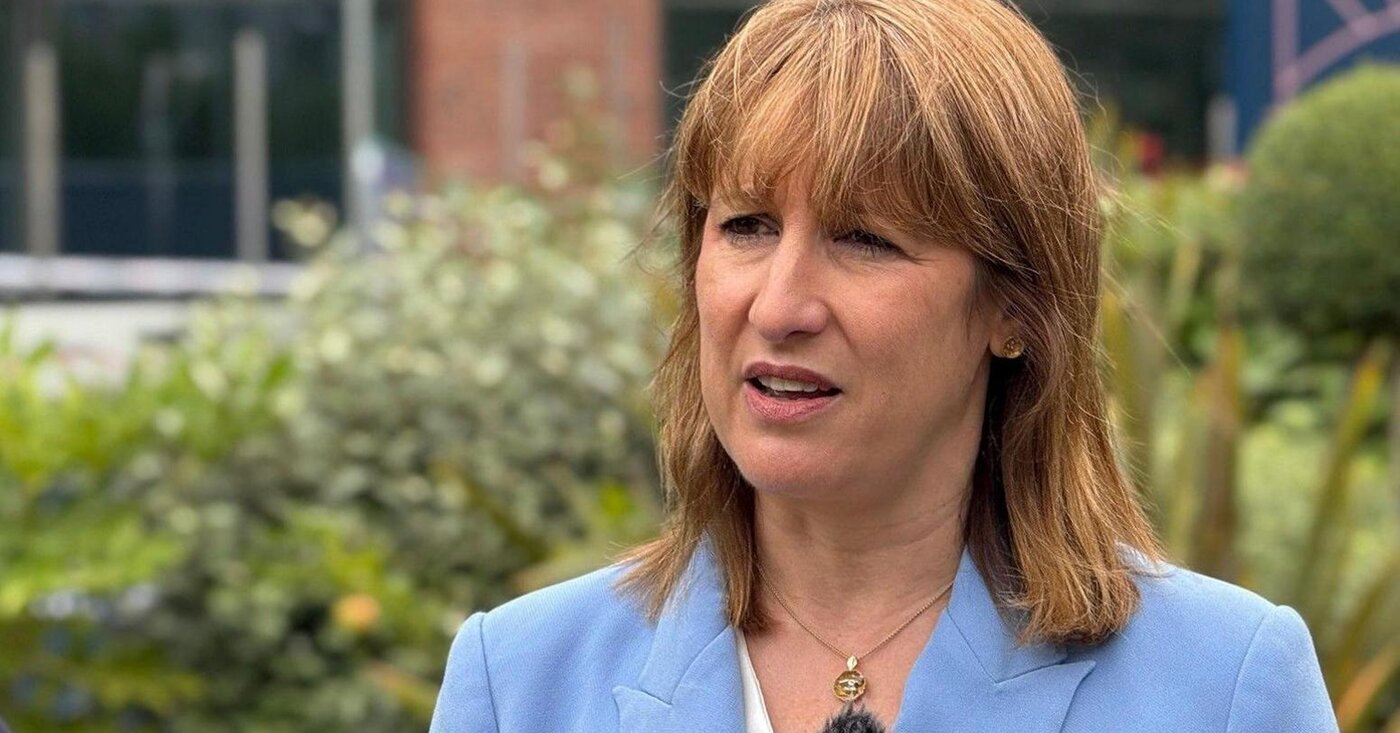Chancellor Rachel Reeves has pledged to recover billions lost to Covid-19 fraud, announcing a new “hit squad” to pursue fraudulent loans and grants issued during the pandemic. Speaking at the Labour Party conference, Reeves declared: “We want our money back, we are getting our money back and we are putting it where it belongs.”
However, the plan has already drawn scepticism. Critics point to the costly failures of a similar taskforce, the National Investigation Service (Natis), which was disbanded just four months ago after recovering only a fraction of what it cost taxpayers to operate.
Covid Fraud Billions at Stake
According to the Public Accounts Committee, scammers defrauded the UK of approximately £1.9bn through pandemic-era loan schemes, though Reeves has previously suggested the true figure may be closer to £7bn.
The Department for Business and Trade has been accused of being “dangerously flat-footed” in its efforts to claw back funds, prompting Reeves to introduce a new dedicated recovery team. Yet with public trust already eroded, questions remain over whether another taskforce is the right solution.
Failures of the Previous Hit Squad
The National Investigation Service was set up in September 2020 with a £38.5m budget to recover Covid fraud losses. But over five years it recovered just £7.2m equating to £5.35 spent for every £1 clawed back.
Worse still, auditors found Natis had exaggerated its results, initially claiming to have recovered £23m. A later review confirmed that only £7.2m could be “directly attributed” to its work. Critics branded the operation a “miserable failure.”
Questioning the Need for Another Taskforce
Reeves has claimed that a Covid corruption commissioner has already recovered £400m in fraudulent loans, while HMRC’s artificial intelligence tools have identified a further £186m in Covid-related fraud.
If these figures are accurate, observers ask, why is there a need for another taxpayer-funded taskforce? Reeves has yet to provide clarity on where the £400m figure originated, with Treasury officials unable to verify her claim.
Technology Already Delivering Results
The government has promoted AI-based fraud detection tools as a more efficient alternative to manual investigations. Officials say that nearly £500m in fraudulent activity was identified in a single year through these systems, including £186m linked to Covid schemes.
This raises the question of whether resources would be better spent enhancing technological tools rather than launching new bureaucratic initiatives.
Past Initiatives Raise Concerns
Reeves has faced criticism before for high-profile initiatives that under-delivered. Her flagship Office for Value for Money was scrapped within a year after failing to establish a clear role. The Treasury Select Committee described it as “understaffed, poorly defined” and lacking measurable outcomes.
Sceptics fear the new Covid fraud taskforce could follow the same trajectory, consuming millions in public funds without delivering meaningful results.
Political Reactions and Public Trust
Meg Hillier, Labour MP and chair of the Treasury Select Committee, warned the initiative risks becoming a “red herring” like previous schemes. Public concern is mounting that repeated promises to recover Covid fraud are creating headlines but not results.
The criticism reflects a wider issue: taxpayers want accountability and recovery of stolen funds, but faith in expensive taskforces has waned.
Final Summary
Rachel Reeves’ pledge to pursue Covid fraud with a new “hit squad” highlights the government’s desire to be seen as tough on financial crime. Yet the failures of the previous Natis taskforce which cost millions while recovering little have left doubts over whether this latest initiative will succeed.
With AI systems already proving effective and questions over unverified recovery figures, many are unconvinced the new taskforce will justify its cost. As Reeves prepares for her first full Budget in November, this policy risks being remembered less as a crackdown on fraud and more as another costly experiment in government inefficiency.
For taxpayers seeking clarity in the middle of shifting policies, Pie the UK’s first personal tax app offers real-time tax figures, easy self-assessment filing, and expert support to help individuals stay ahead of HMRC changes.











